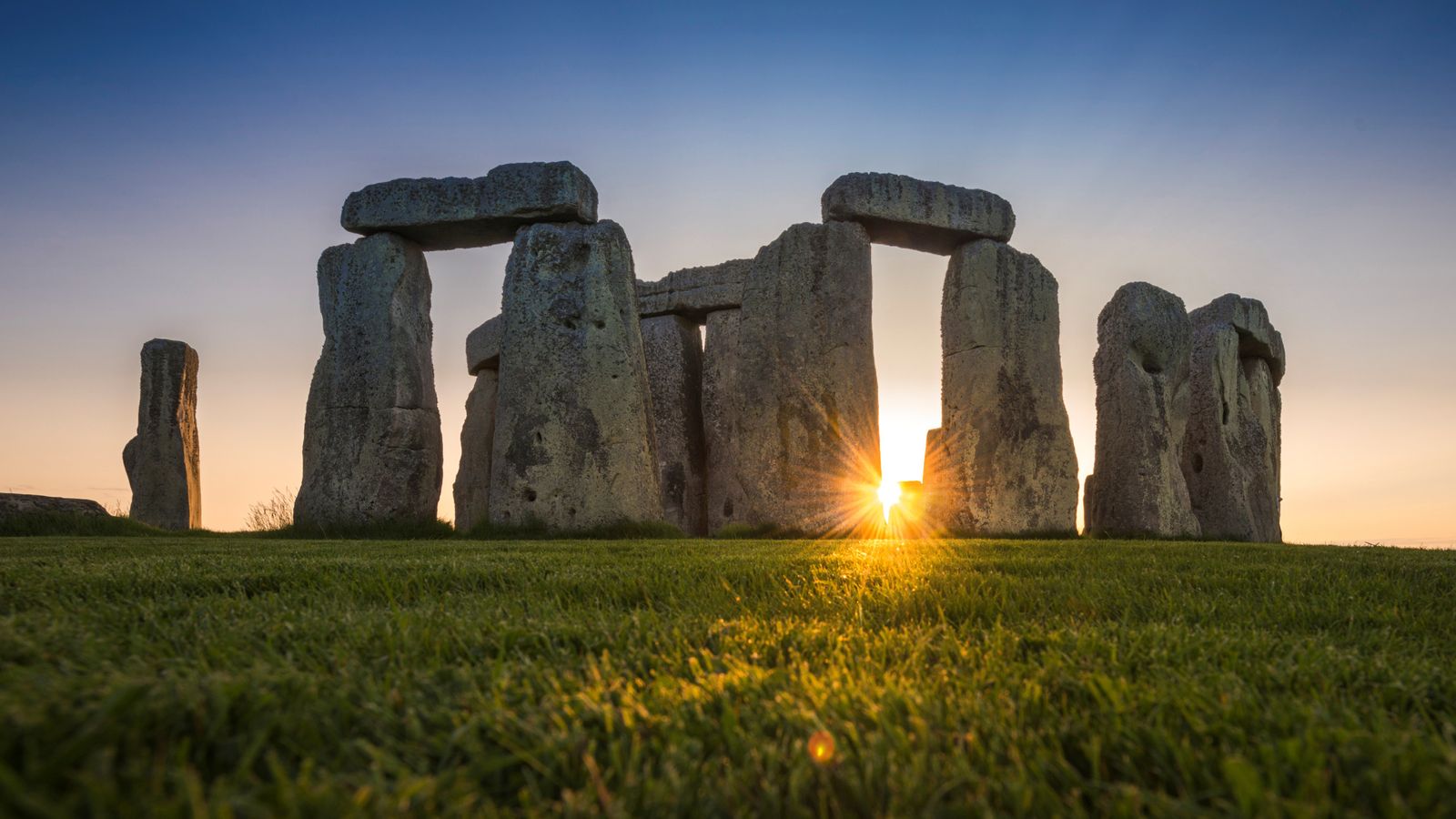ARTICLE AD BOX
Azerbaijan has to increase its gas production because of "commitments" to meet EU demand, its key official has implied, as it prepares to open the COP29 climate talks in Baku.
In an exclusive interview with Sky News, lead negotiator Yalchin Rafiyev sought to dispel dark clouds gathering over the critical UN talks which begin on Monday.
Fear has spread that the already shaky negotiations will struggle to make progress after the re-election of climate sceptic Donald Trump, a scandal around one of Mr Rafiyev's colleagues and the news that many EU leaders won't attend the Baku talks.

But Mr Rafiyev says he remains "optimistic" about the challenges facing COP29 - including Mr Trump's US election win.
Asked if the president-elect is bad news for climate action, he said: "I wouldn't say so." He has already met with US counterparts since the election, and they remain "constructive", he added.

'Everybody understands the significance'
Many EU leaders will also be absent from the climate talks in Baku as they fend off political turmoil at home.
Olaf Scholz's German government is in disarray, the Dutch prime minister is dealing with football violence, and the European Union commission's president Ursula von der Leyen is preparing for her second term.
COP29 comes at a time when EU involvement matters more than ever, as the summit is supposed to agree on a major new climate fund for developing countries, and wealthy European countries are collectively the biggest donors.
"Of course high-level political engagement is important," Mr Rafiyev said. But he stressed they will be represented by their teams anyway.
"Everybody understands the significance of [getting a] deal," he added.

'Customer commitments' to blame for gas production
Some of these same European countries are keeping Azerbaijan hooked on gas, Mr Rafiyev also implied.
Asked if his country's plans to increase gas production by 30% were compatible with its climate leadership role, he said it was obliged by "commitments towards our customers" and the "geopolitical context surrounding us".
After the EU decided to ditch Russian fossil fuels in retaliation for the invasion of Ukraine, it came looking to gas-rich Azerbaijan to fill the gap.
But no new fossil fuel projects can go ahead if the world is to limit warming to 1.5C, as agreed in the Paris Agreement, scientists have said.
The planet is now hurtling towards at least 2.6C of heat above pre-industrial levels.
More on COP29:
Oil state claims to be 'perfect' for climate talks
Will other countries follow Trump's energy policies?
Almighty fight to come over climate cash
Please use Chrome browser for a more accessible video player
Azerbaijan defends its own climate plans
As it prepares to lead 200 countries through two weeks of rocky negotiations, Azerbaijan has seen its own climate credentials scrutinised.
The country gets just 1.5% of its energy from clean sources - though it is aiming to get to 30% - and its climate plan was given the lowest possible rating of "critically insufficient" by independent science project Climate Action Tracker.
Mr Rafiyev pushed back against criticisms that Azerbaijan is not doing enough as a COP host.
"I would respectfully disagree with the point that this is insufficient," he said, promising a new climate plan soon.
But he would not commit to publishing one during COP29.

Follow Sky News on WhatsApp
Keep up with all the latest news from the UK and around the world by following Sky News
Summit scandal played down
Mr Rafiyev also broke the COP29 team's silence on a scandal this week. Elnur Soltanov, the summit's chief executive, was caught in undercover filming apparently using his role to tout gas deals, as well as green projects.
"I wouldn't comment on any media report. We are here to discuss an important climate meeting," he said.
But will it make his life in negotiations even harder? Mr Rafiyev insisted not.
"No," he said. "We continue our negotiation process in the same way. I'm meeting with everyone."
As for that missing peace deal with Armenia, Mr Rafiyev, who is also the deputy foreign minister, said it was "very close".

 1 month ago
21
1 month ago
21









 English (US)
English (US)